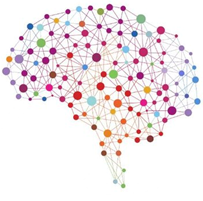Title: Choice-incongruent evidence drives decision confidence
Abstract: Assessing the accuracy of our choices, known as decision confidence, is critical for adaptive behaviour. Current research is attempting to unravel how such confidence is formed. Work published in the past decade suggests that confidence is based on decision-congruent information. This effect is also known as the positive-evidence bias – a type of confirmation bias. However, I am going to present conflicting evidence: In a re-analysis of 9 previously published datasets participants relied too heavily on evidence that conflicted with their choice. Our computational model suggests that decision confidence is computed using the same robust averaging principle that influences decisions, with heightened sensitivity around the category boundary. In a preregistered experiment, we then empirically demonstrate that an experimentally induced shift in the category boundary affected the computation of confidence in otherwise identical stimuli. We conclude that confidence depends on dis-confirmatory evidence due to downstream consequences from decision-making mechanisms.

